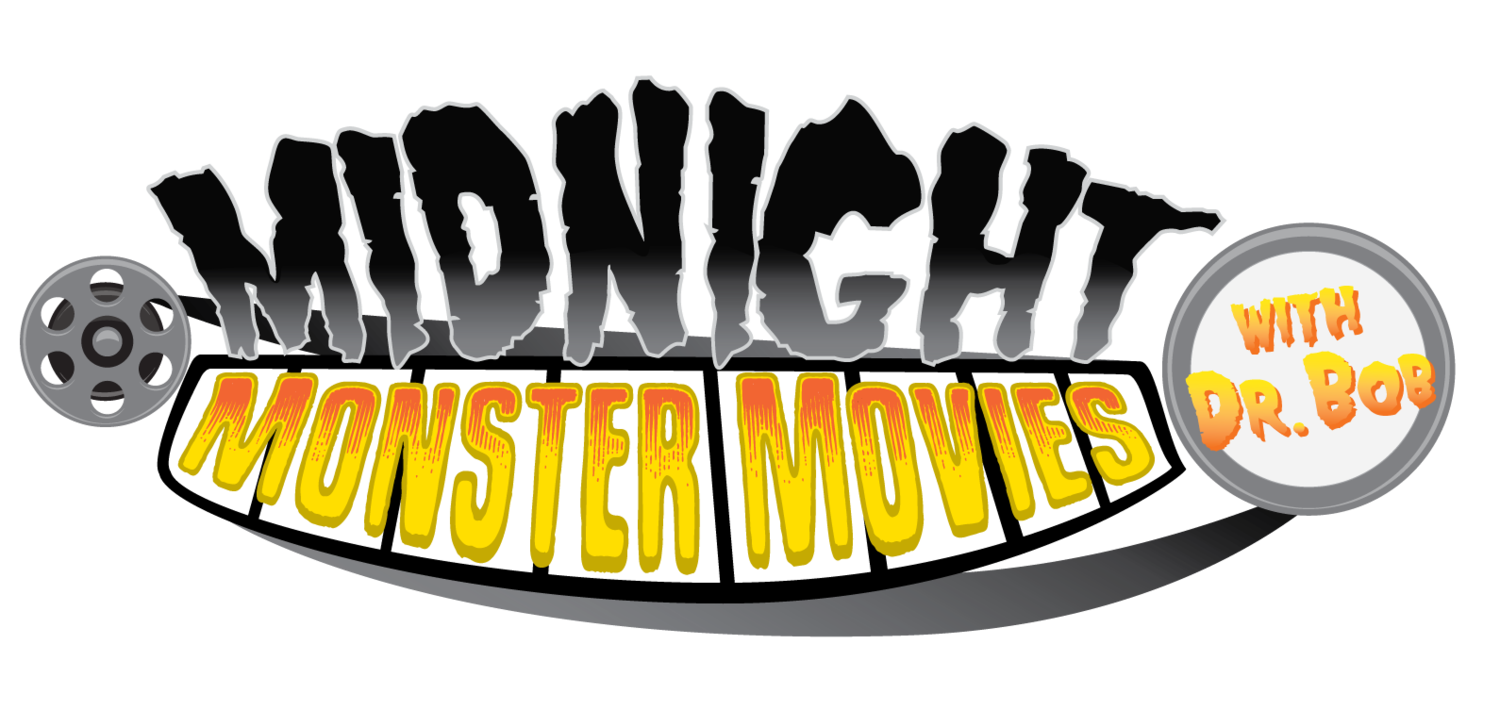On Movie Adaptations and Ready Player One
One of the many trailers aired at San Diego Comic Con in July was Ready Player One, the much-anticipated adaptation of Ernest Cline’s debut novel by the same name. While the novel came out in 2011, I had not read it until a few years later in 2014, the same year another critical darling-turned-movie, Andy Weir’s The Martian, was released by Crown. (Interesting side-note: there is another connection between the two, in that Weir wrote a fan-fiction which Cline later made canon by publishing it with the original novel.) Expectations high, I was let down by both novels, though not for the same reasons.
But, on a more positive note and despite my best efforts, I enjoyed the film adaptation of The Martian. It felt grounded, campy in places, and put me in mind of one of my favorite films, Moon, if only briefly. To say I loved it would be a bit much, but, it makes a great B-movie if your friends are into double features. Now, I probably have unreasonably high standards for my science fiction - so take this with a grain of salt - but I am confident that the Ready Player One film will outshine its source material just like The Martian. Let me explain:
There is a trick to adapting other media to film well, and I wouldn’t know it. I do know that my favorite parts of The Martian were when Matt Damon shut up and gave us room to breathe, to feel the enormity of his situation...that never happened for me in the novel, to the point where Watney and his quipping grated on my nerves. Adapting something into another medium is a tricky business, and oftentimes changes must be made in service of the new. The Ready Player One film has already been shown to make changes (which is a good sign), but this is not why the movie will succeed for me where the book fell flat.
The key to Ready Player One’s (partial) failure as a novel and success as a film is that it is already steeped in decades of cultural/visual literacy and iconic imagery. While reading, I was never challenged to really imagine anything for myself, being at least passingly familiar with most of the numerous references throughout the novel. With a Mary Sue main character, a wafer-thin cast, and a plot a la The Matrix meets The Last Starfighter, the novel never asked anything of me except to passively consume. And this will be its biggest strength as a film.
While it will not be anything transformative or genre-defining, Ready Player One will be a nostalgic romp through cult-classic film, video game, and music history; and, it will easily fit on the scale I use for movies riding the nostalgia of its audience. On one end of the scale are misguided films like Pixels and Power Rangers, which show only surface-level understanding of the content they reference, just that people are invested in the properties. At the opposite end are movies like Pacific Rim and Deadpool, which revel in showcasing their intimate knowledge of their respective genres. And, somewhere in the gray area in between are movies like Godzilla (2014) and the second TMNT film.
Ready Player One could still go either way. Whether it takes advantage of this and pushes beyond just simple references will be what really makes the movie worth its salt. And, I will give Ernest Cline credit where credit is due: his novel understands what it is referencing, even though it infrequently shows. The best thing this movie has going for it right now is that Steven Spielberg is directing; and, as the originator of so much of what Cline references, he is in a position to inject the intimate knowledge of reference material this movie will need.
